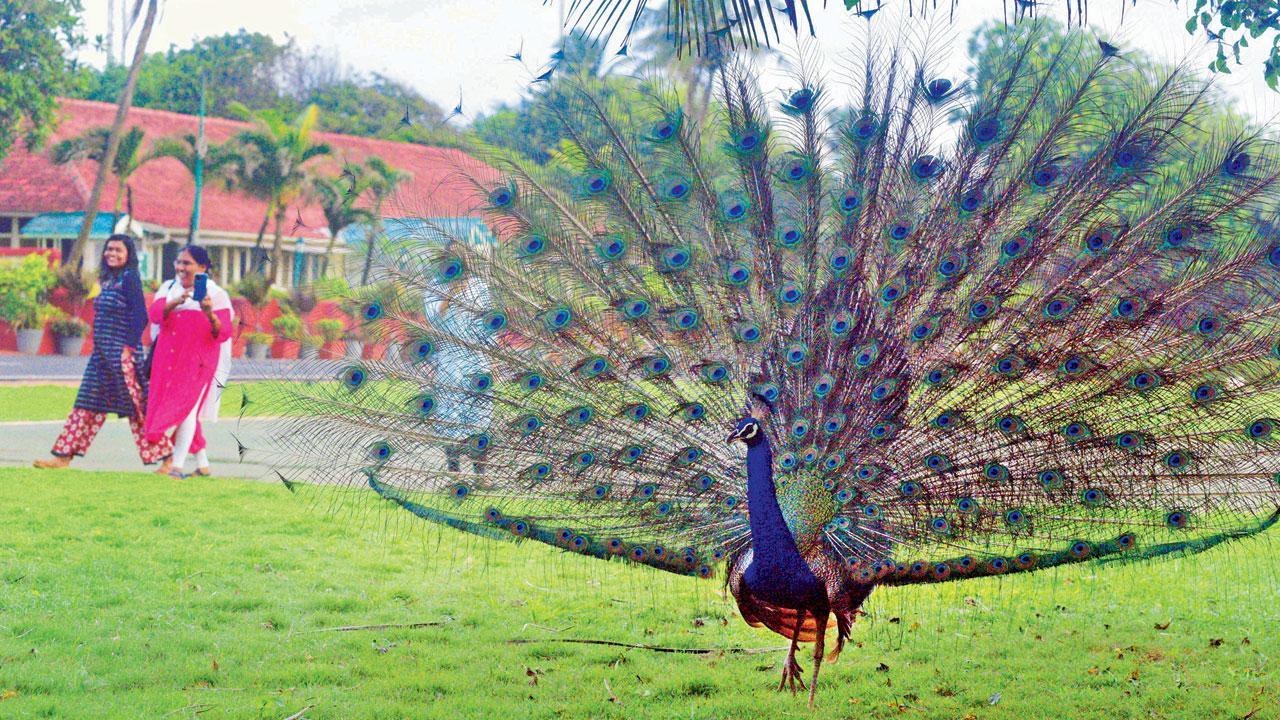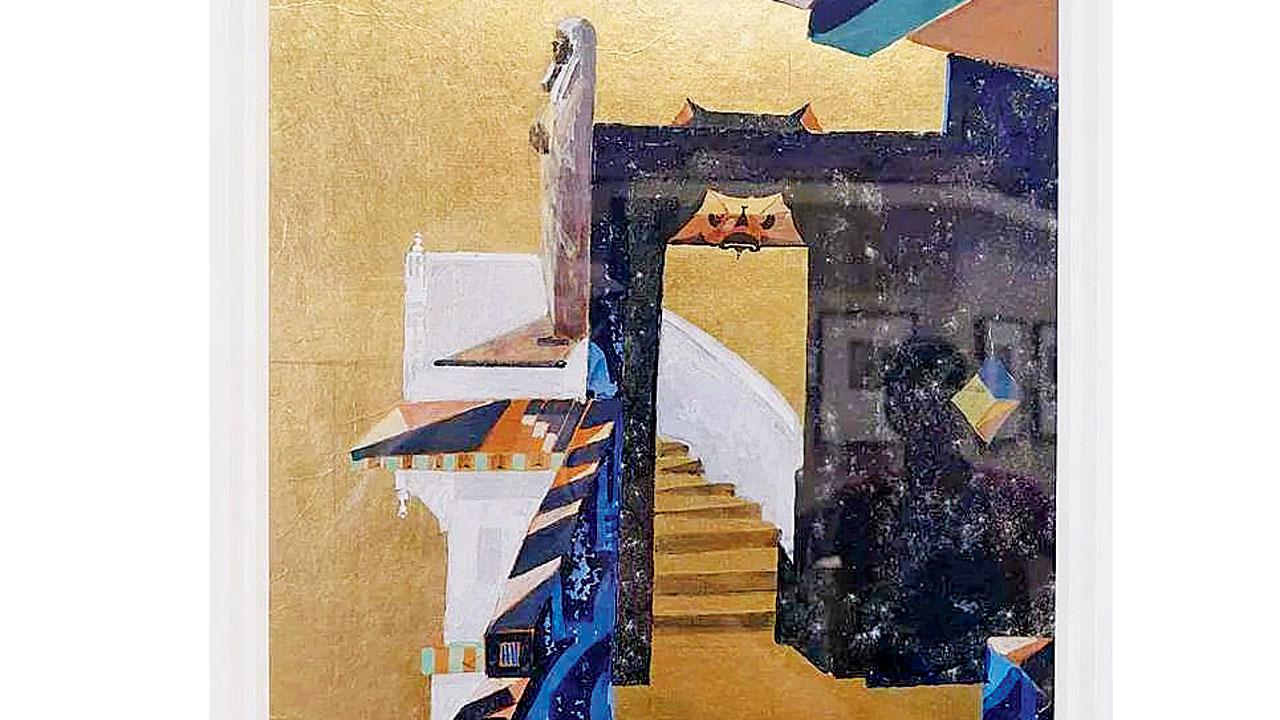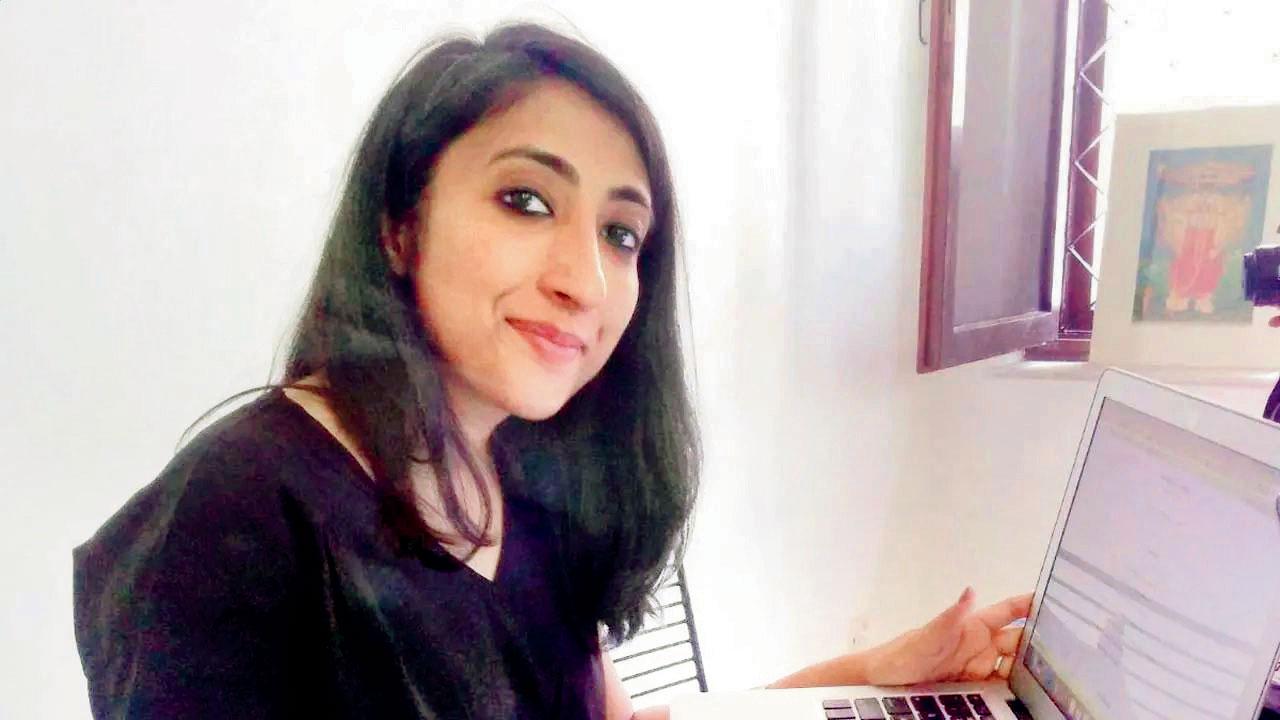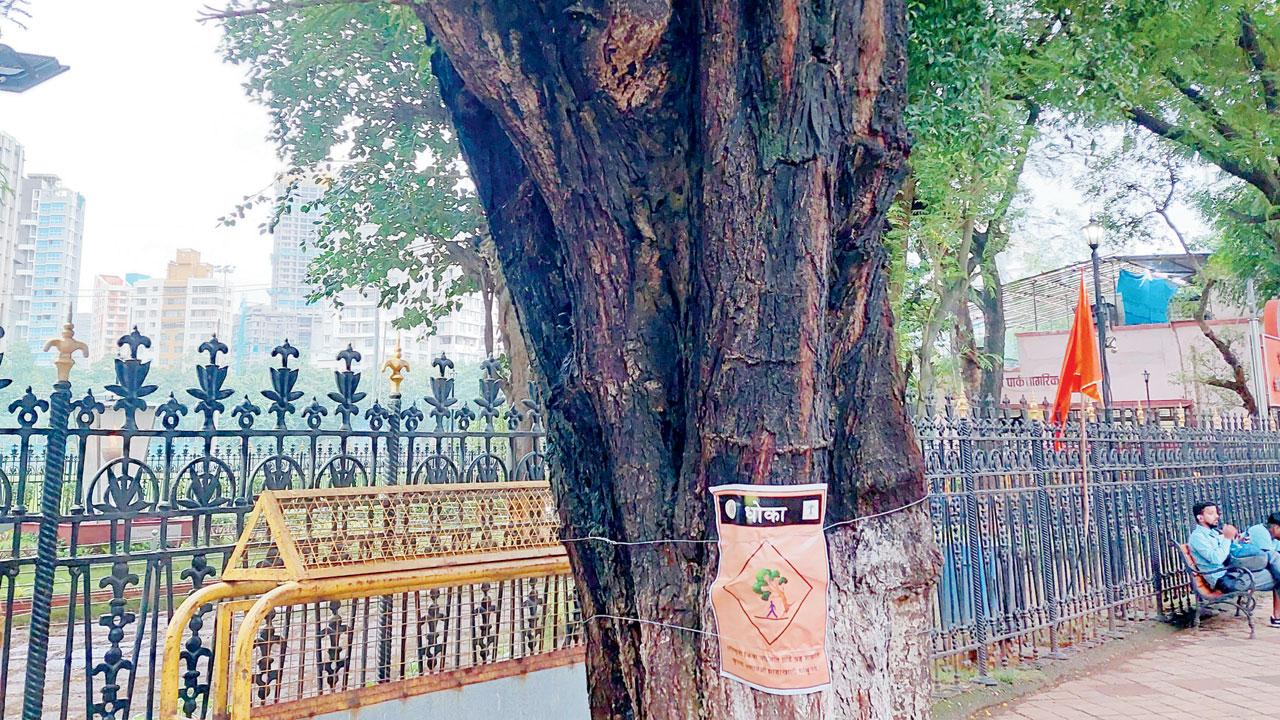The city - sliced, diced and served with a dash of sauce

Pic/Rane Ashish
Dil Maange Mor!
ADVERTISEMENT
The National Bird of India shows off its vibrant plumage as passersby capture the moment at Raj Bhavan in Walkeshwar.
Sindhu and selfies

Amid all the excitement post badminton ace PV Sindhu’s gold medal at Commonwealth, was amusement too. Spectators, some in danger of tumbling over the barricades and onto the court, were over the moon as Sindhu was walking past them, post the medal ceremony. Sindhu took the trouble to acknowledge all of them but many were handing out their phones to her. The sporting champ willingly took their phones for selfies much to the fans’ absolute delight. Our new-age athletes and desi champs need to be sharp shooters not just on court but also off it, what with our selfie obsession. Along with physical coaching and counselling for mental strength, it looks like they will need to take sessions on selfie skills as well. This is the Selfie Age, after all.
Because culture is for all
 Footwarmer, Bidar at Dr Bhau Daji Lad Museum, Mumbai, by P Jeganathan via Wikimedia Commons
Footwarmer, Bidar at Dr Bhau Daji Lad Museum, Mumbai, by P Jeganathan via Wikimedia Commons
Ahead of Independence Day, digital platform The Heritage Project is encouraging us to imagine a world where museums, and their vast repository of cultural heritage knowledge, is accessible to all.

Ahzan, painting by Gaganendranath Tagore, tempera on paper, Indian Museum, Kolkata, by Xopolino via Wikimedia Commons
Their Wiki Loves Museums campaign is calling upon people to visit museums, photograph collections that essay the ‘Indian experience’, and share them on Wikimedia Commons, a freely accessible platform.

Medhavi Gandhi
“The aim is to demonstrate how citizens can help promote our museums and make them ‘decipherable’ to all,” said founder Medhavi Gandhi. To click and contribute, head to theheritagelab.in.
Signs at the park

If you thought the rains were over and done with, you got another thing coming. The weather bureau has issued an alert for a few rainy days once again. One just does not know, though, as these are predictions. What we do know though is that tree falls are common during this time. The authorities have tied warnings to a couple of trees at Shivaji Park, cautioning people not to use these beautiful trees as shelter when we have overcast skies, rains or lightning. This is useful information as people often shelter under trees hoping the shower will be over soon or decrease in intensity. ‘Dhoka’ shout the warnings, with the BMC crest on the left-hand side. Walkers and joggers who frequent the park should take note and not stop mid-stride underneath the trees. Those enjoying a vada pav or coffee from the stall nearby should pay heed to these signs. Soggy vada pav or watery coffee, thanks to pouring rain, is infinitely better than the ominous crack and keeling over of a gigantic tree as you shelter beneath.
Past perfect

With celebrations for India’s 75th year of Independence underway, it is important to remember that the country’s birth was neither simple nor forgettable. Karwaan Baithak’s session on Independence last weekend tied in a conversation that brought literature and memory together. “The Partition of the Subcontinent left a lasting effect on languages and literary discourse,” founder Eshan Sharma (top, right), told us. Dr Sukrita Paul Kumar and Dr Nasreen Rehman (top, left) led the conversation about authors, from Faiz Ahmed Faiz to Manto, the subject of Rehman’s latest book. Pointing to the title of the session, Yeh daagh daagh ujala, adopted from a Faiz poem that expressed the poet’s disillusionment with the Partition, Sharma said, “Even languages were affected by the Partition; Hindi became India’s official language, while Pakistan chose Urdu. We examined the effect this had on literary discourse and literature.” Fascinated? Watch the session on their YouTube channel.
Lens on women in the city

Are women in the city warriors or victims? What issues do they battle? In Sahitya Akademi Award-winning writer Anju Makhija’s book, Mumbai Traps: Collected Plays, the stories of women who shun stereotypes play out against the backdrop of the metropolis. Through some of the characters, Makhija (right) will seek to decode the narratives of women in the city in an interesting virtual discussion with poet Rochelle Potkar, actor Kanika Dang, and professor Uma Narain, hosted by Hyderabad Literary Festival on Friday. “We’ll look at women characters from plays like Cold Gold from the book. But we’ll go beyond that to discuss the kinds of issues women face in cities. How independent have women become in the last 75 years; how can desire for upward mobility lead them to extremes; and are women going against patriarchy — these are some aspects we’ll discuss,” she told us.
 Subscribe today by clicking the link and stay updated with the latest news!" Click here!
Subscribe today by clicking the link and stay updated with the latest news!" Click here!







